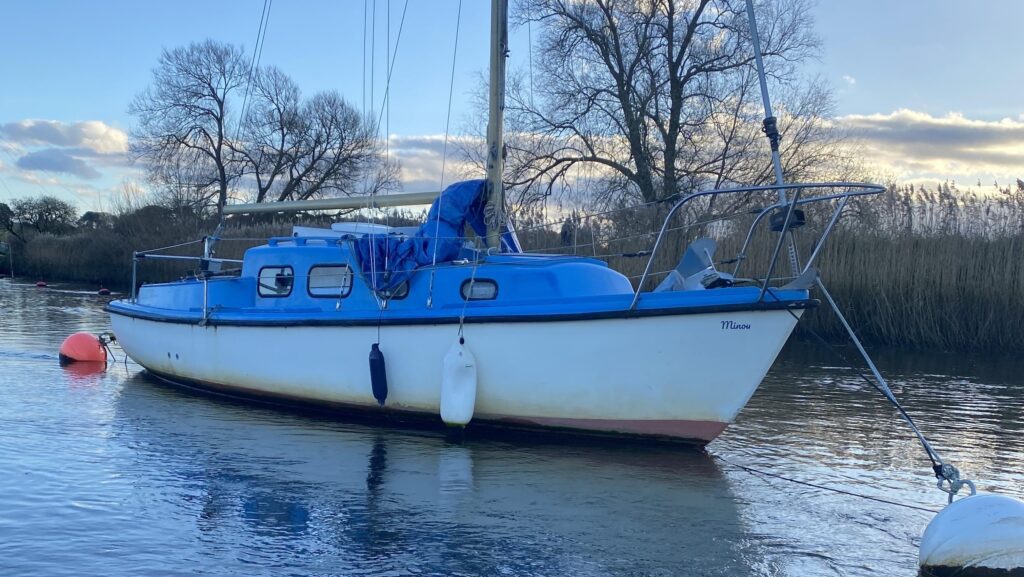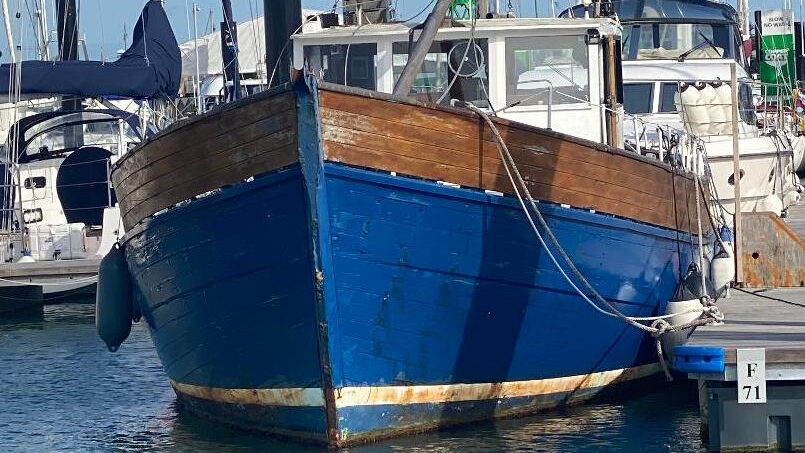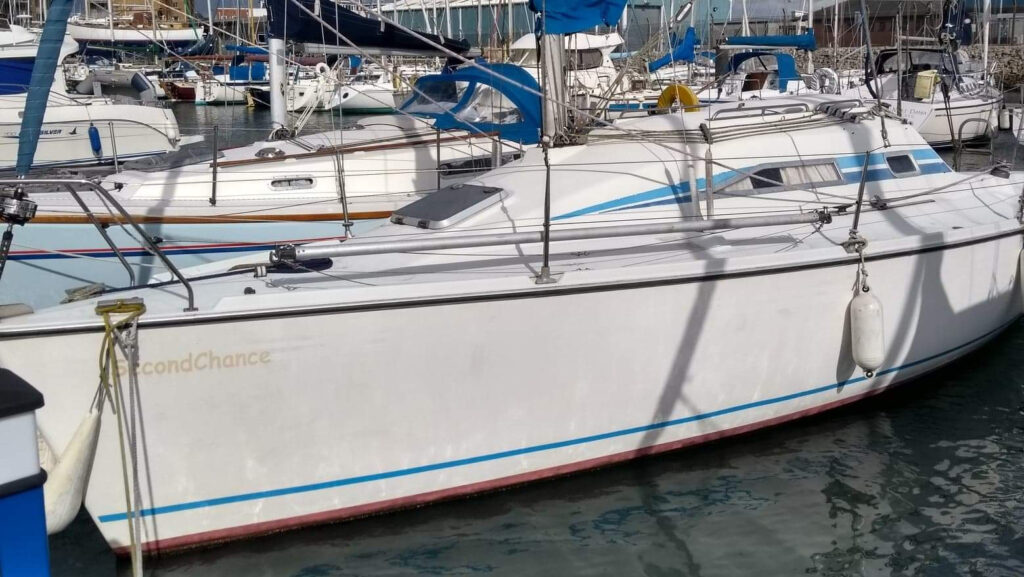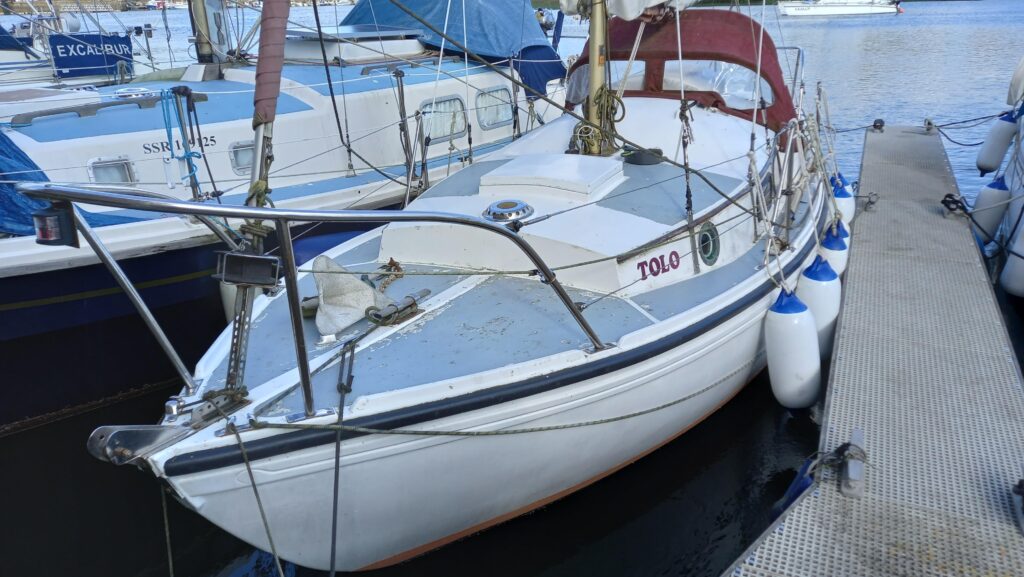Lonely Boats service hooks up ‘neglected’ projects with DIYers

Boat disposal and salvage specialist Boatbreakers says it turned into a ‘match-making’ company in 2023 — with the idea of saving the UK’s languishing marine projects. And so far, the Gosport-based company calculates that its ‘Lonely Boats’ platform has saved circa 40 vessels from scrap and thousands of pounds in storage fees for owners who are desperate to get rid of their problem boats.
“We know that there are thousands of lonely boats out there,” says Luke Edney, Boatbreakers’ communications manager.

“These are once-loved vessels sitting unused and forgotten in boat yards, marinas, and even in people’s gardens. These boats may not be in terrible condition, but they have been neglected and unloved. Some owners may just not be confident in listing a boat online and will not know where to turn if a broker isn’t interested.”
That’s where Lonely Boats comes into play. Edney is putting these neglected and unloved boats in a space in front of a specific audience who are ready to mingle.
After Boatbreakers set up its Boat Scrapyard Facebook Group, Edney says the problem of lonely boats became more apparent. Fifty thousand plus people had joined Boat Scrapyard, and many of them had semi-decent boats they were looking to get rid of — not ready for scrapping but not ripe to sell to owners looking for a ready-to-go workable boat either.

He says these are the types of boats which can be sold as a ‘project’. Thus Lonely Boats was set up to help owners who are desperate to shift their problem boat (and avoid the trap of costly storage) sell in the right place, to the right audience.
“Over the years, there have been many boats that, in hindsight, might just have sold as a project,” says Edney. “So we have decided to put more emphasis on saving these Lonely Boats from scrap.
“We believe that there might be someone out there who could give these boats a new lease of life. Now our Lonely Boats page is perfect to put a spotlight on these forgotten boats. It’s a service that we also extend to boat yards and marinas who can suddenly become the owners of these vessels if owners stop paying. Listing the boat through the Lonely Boats page might just save them a costly disposal bill and gain them a new customer.”

Boatbreakers has been running for close to 20 years. “We think that we are a good judge of what might be worth saving,” Edney says.
“If a boat is too far gone and could be a potential danger to anyone else, it won’t be shared. We charge an upfront fee of £100 to share the boat and whatever you get for the boat is yours. Even if you give the boat away, its only cost you the initial fee. Typically it takes a day or two to find a list of people willing to make an offer for the Lonely Boat. And it saves the original owner the potentially much higher cost of scrapping it outright.”
Three years ago, MIN ran a series of articles looking at the burgeoning problem of end-of-life fibreglass yachts and how to get rid of them responsibly. At the time, Edney said the industry was suffering from an extreme case of sloping shoulders as more and more fibreglass hulls were abandoned around the UK coastline. He bemoaned the lack of interest in the issue, the lack of leadership and the lack of plans to tackle the challenges. Now, he says, people are talking about the issue. It’s on the agenda, but not much is actually changing amid calls for boat registration to help decrease the number of abandoned yachts.
Images are a selection from Lonely Boats’ current offering.










